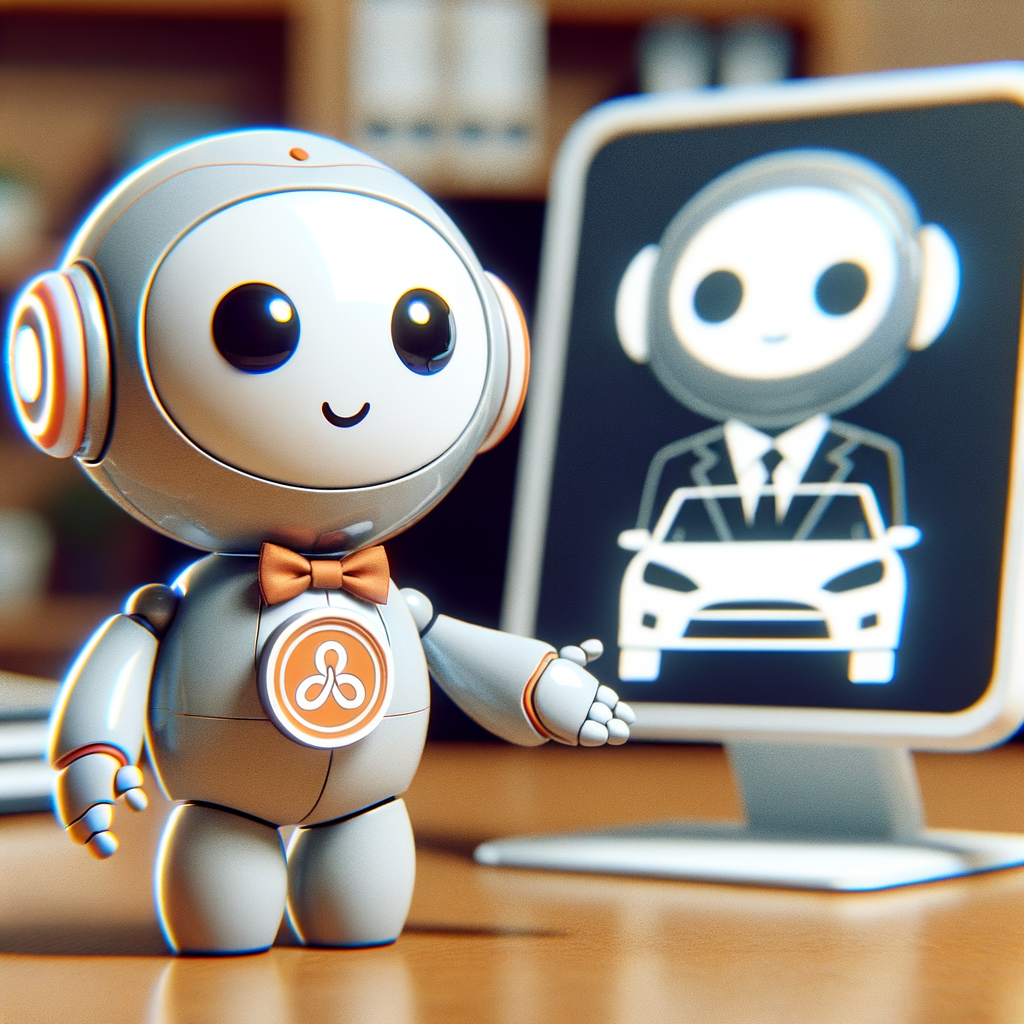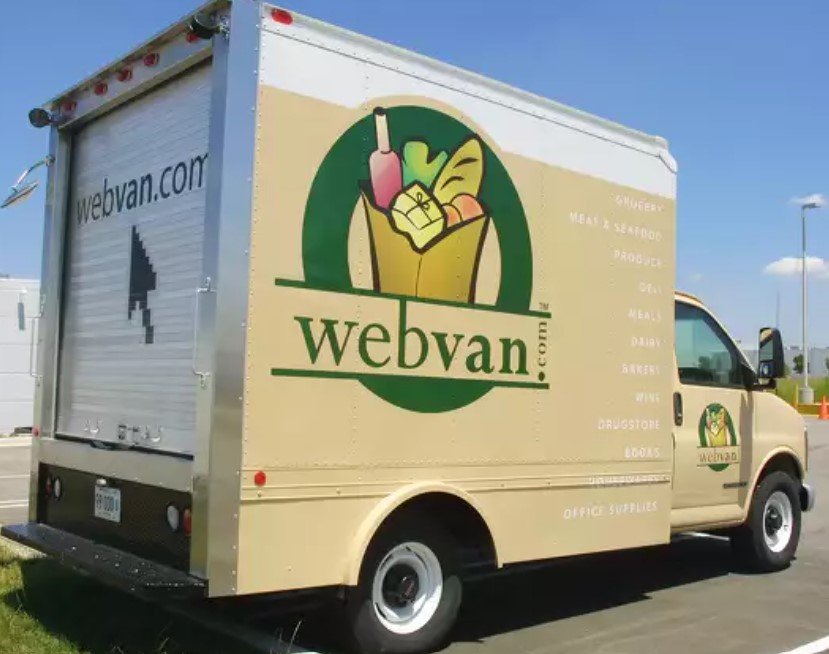Year of the Agent
2025 was supposed to be the year of the AI agent. Where are they? This was going through my groggy brain a few weeks ago as I lumbered over to my laptop at 6:50 am to access recreation.gov and snag a relished campsite at Pt. Reyes National Seashore.
By now, agents were supposed to have relieved us of all this drudgery. They would not just reserve campsites the instant they become available but also compare time slots and schedule a meeting with a colleague, read and respond to emails, and perhaps even negotiate a deal on a new tent to replace the one that got shredded by a hailstorm in Yosemite’s high country last week.
Actually, we already live in a world filled with some agents-but it will still take more time for my above vision to materialize. According to OpenAI, “Agents are systems that independently accomplish tasks on your behalf.” The Nest thermostat in my house qualifies – it makes the decisions on when and for how long to run the furnace to keep me comfortable. Probably the most sophisticated deployed agent to date is the Waymo self-driving car. It successfully navigates San Francisco city streets on its own, at least most of the time, and just like human drivers, is not above accumulating a few parking tickets along the way. And of course, there are also the “lowly” dishwasher and laundry machines, introduced in the first half of the twentieth century.
In the world of the Internet cloud, consumer agent technology seems to revolve mainly around making ChatGPT just a little bit smarter: instead of blurting out an immediate answer, the latest GPT-5 Thinking mode meticulously assembles its sources, ingests all their information, and then generates an informative summary. Is it worth waiting 10x longer and consuming a vast increase in computing cycles only to get a slightly better researched summary of reddit posts? For me, the jury is still out on that-maybe it works better for the academics out there…
The real test for agentic AI is still in the future: when will we allow it to answer emails on our behalf or make purchases using our credit cards? According to some recent research, agent-to-agent negotiations and transactions in consumer markets are “an inherently imbalanced game. Whether you’re getting a good deal or getting taken for a ride might depend on who brings the “best” AI agent to the digital table.” And right now, these odds favor the corporate retailer. Stanford researcher Jiaxin Pei concludes, "we all tend to believe that LLM agents are really good nowadays, but they are not that trustworthy in a lot of high-stakes tasks … So maybe just use it as an information search tool.”
Despite my skepticism of the technology to date, I am actually quite bullish on the potential for agentic AI in the consumer space. Imagine a version of LinkedIn that digests your career goals and then automatically generates opportunities for you to meet others that can help (and are interested in helping) you get there, even going so far as to setting up the meeting at a suitable location? And when it comes to e-commerce, agentic AI could become the biggest disruption since the birth of the world-wide web. Sure, there will always be a reason to make that trip to the local Costco to stock up on organic eggs and bananas, but how many more purchasing transactions can materialize when two AI’s are actively negotiating on a daily basis? My Chevy Volt is getting old and serving me well, but maybe there is a desperate EV dealer out there ready to make me the deal of the decade? My agent would know under which circumstances I would pull the trigger – generating a transaction that may otherwise have never occurred.
As readers of this newsletter know I am not a big fan of OpenAI’s current business model, selling subscriptions to provide a research assistant, essentially. This product is ripe for commoditization, and consumers are probably happy to settle for whatever they receive on the free tier. I am also no fan of subscriptions in general. But agents are a different story. The right agents will earn their value on a daily basis, and there will be a noticeable difference in performance between the free and paid-for tiers. In a few years, we won’t just be juggling streaming subscriptions—we’ll be checking in on our hired agents: are my Outlook (inbox, calendar), AAA (car and excursion deals), Expedia (travel deals), and Amazon Prime (electronics) agents still earning their keep? Should I save a few bucks, perhaps by dropping to a lower-privacy tier or spend bigly to get the top-of-the-line negotiator? Don’t worry, there’ll probably be an agent for that, too 😊































